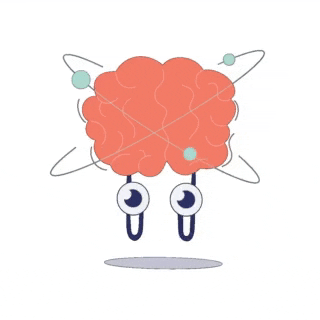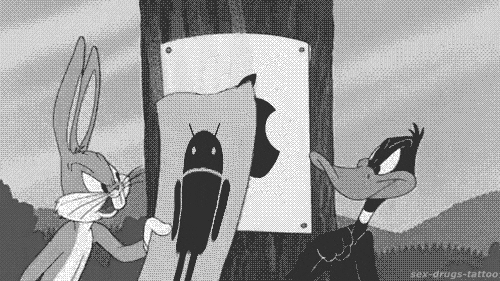11 million pieces of information pass through your mind every second!
How many are you consciously aware of?

You are only consciously aware of about 40 pieces. All the other bits of information are processed without you realizing it.
 Bias is your brain's tendency to choose one thing over another, and it serves a purpose: it lets you process all of that information to make choices quickly and efficiently.
Bias is your brain's tendency to choose one thing over another, and it serves a purpose: it lets you process all of that information to make choices quickly and efficiently.
The problem is that biases are not limited to simple, harmless things, like preferring apples to oranges, or blue to yellow.

Unconscious biases in the workplace can have negative impacts on morale, teamwork, commitment, and performance.
Common Types Of Unconscious Bias
In the workplace you might come across these biases:
The Halo Effect — when you form the general opinion that someone, or something, is good because you like one element of that person or thing.
The Horns Effect — when you form the general opinion that someone, or something, is bad because you dislike one element of that person or thing.
Attribution Bias — framing someone’s actions in light of their personal character or competence rather than the situation. This can lead to unfair judgments if we jump to blame people rather than consider the reasons for their behavior.
Similarity/Affinity Bias — our natural tendency to warm up to people that we recognize as similar to ourselves in some way. Similarity bias can lead to homogeneous workplaces that lack diversity.
Quiz
Your colleague made a huge mistake that cost you a lot of time to fix. You think it's because the person is careless, but it turns out they just weren't trained well enough. Which unconscious bias did you exhibit?
Moving Past Unconscious Bias
How can you do your part to mitigate the effects of unconscious bias in your workplace?
Pay attention to your thoughts and feelings about your colleagues. If you recognize that you're playing into one of these biases, ask yourself questions to flip the script.
The Halo Effect
If I removed the one thing I find exceptional in this person, how would they perform in comparison to others?
Does this person have a leg up on others because of their background or certain privileges?
The Horns Effect
Why do I have an issue with this particular person?
Will their negative characteristic impact the workplace, or is it a superficial thing?
What do others think of this person? Do they have a more positive impression?
Attribution Bias
Did I jump to conclusions too quickly about this person's intentions?
Did I make the wrong assumption about why this person made a decision?
Is there a situational factor that caused the problem?
Similarity/Affinity Bias
Do I agree with this person because we look/think/act in a similar way?
Am I afraid to disagree with this person because I don't want to break our bond?
Do I ignore or dismiss other people's perspectives due to cultural differences?
Quiz
Your colleague apologizes for the mistake, and you apologize for jumping to conclusions. What you can you do to support your colleague moving forward?
Take Action

To build an inclusive workplace — where we value individual differences and each person feels included, respected, and fairly treated — we need to become more conscious of the opinions and attitudes we bring into the workplace and the ways our mindsets affect our behaviors.
This takes effort, commitment, and practice. If you think you might be affecting your workplace with unconscious bias:
Your feedback matters to us.
This Byte helped me better understand the topic.
